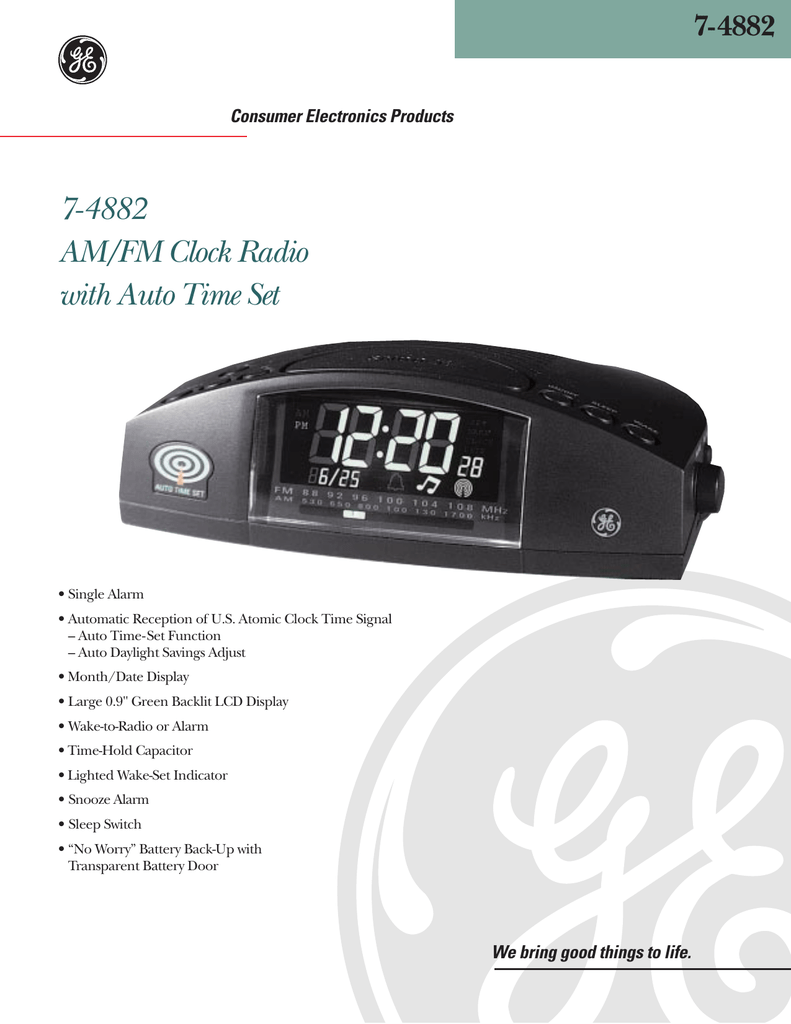Someone at the old Telechron company must have noticed that the clocks they were turning out were starting to lack any style at all. Or, as Dorothy Parker once said, they 'left not so lasting an impression as an oar upon the water'. To reverse this trend, they introduced the 'Designer Line' series in '54. Apparently, the public didn't need these big, weird clocks--at least not at the unprecedented prices at which they were offered. Telechron/G.E. took the Designer Line's (ironically, no famous designers had a hand in any of them) failure as a sign not to spend any time or money on desk clock design. (G.E. did offer many striking kitchen clocks during the 60's and the love 'em or hate 'em Peter Max designs.)
1954 was also the first year you couldn't buy a Buffet since the 30's and the year the G.E. and Telechron lines merged back together. All of the even-numbered models below were sold by both companies. In a reversal of the former dial protocol, G.E. clocks had only the words 'General Electric' on the dial. Telechron had 'General Electric' on top and 'Telechron' below. Further efforts toward reducing costs that year resulted in the S rotor. The new, tiny power plants didn't have anywhere near the life expectancy of earlier ones but they did have advantages: They were inexpensive and they were cheap. Also, they didn't cost much.

Ge Clock Radio Manual
Telechron made one last great contribution to humankind and to clock history. In 1956, sleepyheads everywhere rushed down to the store to pick up the first snooze alarm ever and waking up would never be the same again.
Owner's Manuals and Installation Instructions. For Major Appliances. Many GE Appliances products include a Quick Start Guide only and not a full Owner's Manual; however, an Owner's Manual can be downloaded from our website (see link below). Owner's Manuals and Installation Instructions. For Major Appliances. Many GE Appliances products include a Quick Start Guide only and not a full Owner's Manual; however, an Owner's Manual can be downloaded from our website (see link below).
Ge Clock Radio Manual #4837b
Telechron had always been self-conscious about their clocks' cords. At clock shows, demonstrators would remove the cords so they'd look nicer. Catalog photos would never, ever show the cords after the novelty of electric power had passed (about 1930). Clock vendors would carry recessed clock outlets to sell along with kitchen clocks so the cords wouldn't show. In 1959, Telechron did the unthinkable: offered a pair of battery operated kitchen models. The end was clearly in sight...